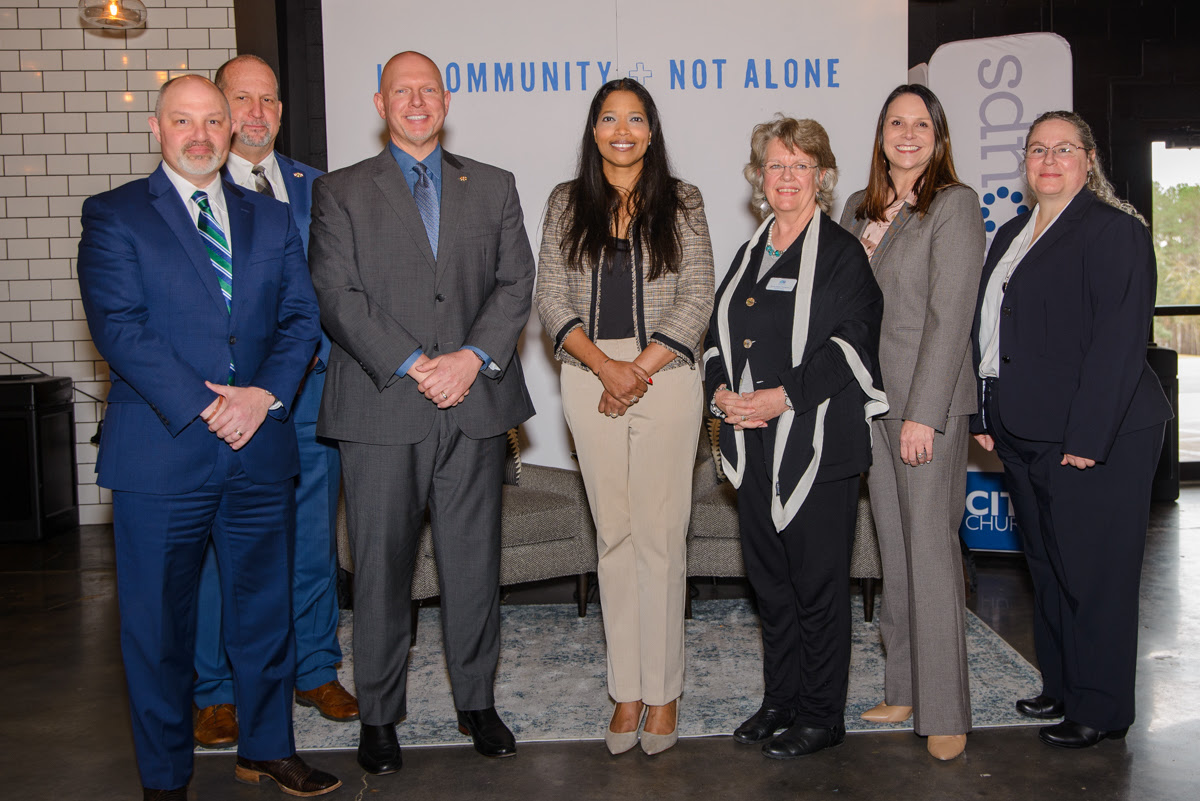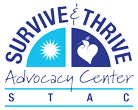
TALLAHASSEE, Fla. – Today, Department of Children and Families (DCF) Secretary Shevaun Harris hosted a roundtable regarding the prevention of Human Trafficking in the Big Bend Region as part of Human Trafficking Prevention Month.
The Department works diligently to protect Florida’s children from abuse and trafficking through supportive services, including certifying safe houses and safe foster homes to provide secure and specialized residential environments for sexually exploited children. Known or suspected trafficking, neglect, exploitation, and abuse of a child can be reported to DCF’s Florida Abuse Hotline. The Florida Abuse Hotline accepts reports 24/7, and these reports are then investigated by DCF – 1-800-962-2873.
“In Florida, we are working diligently to continue building capacity and increase training for our partners and stakeholders so that we can further support survivors of human trafficking,” said Secretary Harris. “Human trafficking is a pervasive form of evil that takes many forms, but we have some of the best and most dedicated advocates in Governor and First Lady DeSantis, and Lieutenant Governor Nunez who have taken an aggressive approach to supporting and protecting the people of Florida. Working with all of the proper stakeholders, we will keep Florida ahead of the curve by putting in place additional safeguards year after year.”
“The Department of Juvenile Justice is proud to work alongside the Florida Department of Children and Families as well as our law enforcement and community partners in the fight to end human trafficking and support those impacted by this heinous crime,” said DJJ Secretary Eric Hall. “Through our collaborative efforts, we can identify trafficking victims and provide them with the care and services they need to recover and rebuild their lives as survivors.”
“NWF Health Network is uniquely positioned to serve the survivors of human trafficking in Northwest Florida from a behavioral health and child welfare standpoint,” said Courtney Stanford, COO, NWF Health Network. “Working to ensure that the right services and supports are available is of the utmost importance, and with our partners we will continue to strive to meet the needs of our community.”
“Human trafficking is unfortunately a problem that can be found all over, but as law enforcement continues to work together with our partners at the local, state and federal level we can work together to bring perpetrators to justice,” said Keith Wilmer, Assistant Special Agent in Charge, Florida Department of Law Enforcement. “Further partnering with our non-governmental partners, and the community as a whole has allowed us to work together to face this problem head on. No one entity can do this work alone.”
“In the fight to end human trafficking Florida has always taken bold action to support survivors and bring justice to the criminals that are victimizing our youth,” said Jason Coody, United States Attorney, Northern District, United States Department of Justice. “We know how important it is for survivors of human trafficking to have a system of supports in place, and thanks to our local, state, and nongovernmental partners to come to the table to discuss how we can utilize best practices and implement them in our area.”
“The training of our law enforcement officers is so important, but also bringing awareness to parents and youth about the important conversations that are needed to keep children safe,” said Detective Elizabeth Bascom, retired Tallahassee Police Department. “We must take a proactive role in bringing everyone to the table so that together we can focus our efforts on what supports are the most important to bring to our communities.”
“Bringing awareness to our area about the impacts of this crime is so important to make sure that our community can know what to look for, and be vigilant in the fight against human trafficking,” said Robin Hassler Thompson, Executive Director, Survive and Thrive Advocacy Center. “We can not stress enough how important it is that everyone feel that ending human trafficking is their responsibility. Human trafficking is a community problem that cannot be addressed in silos and by working with our whole community we are better able to take action and keep our community safe.”



